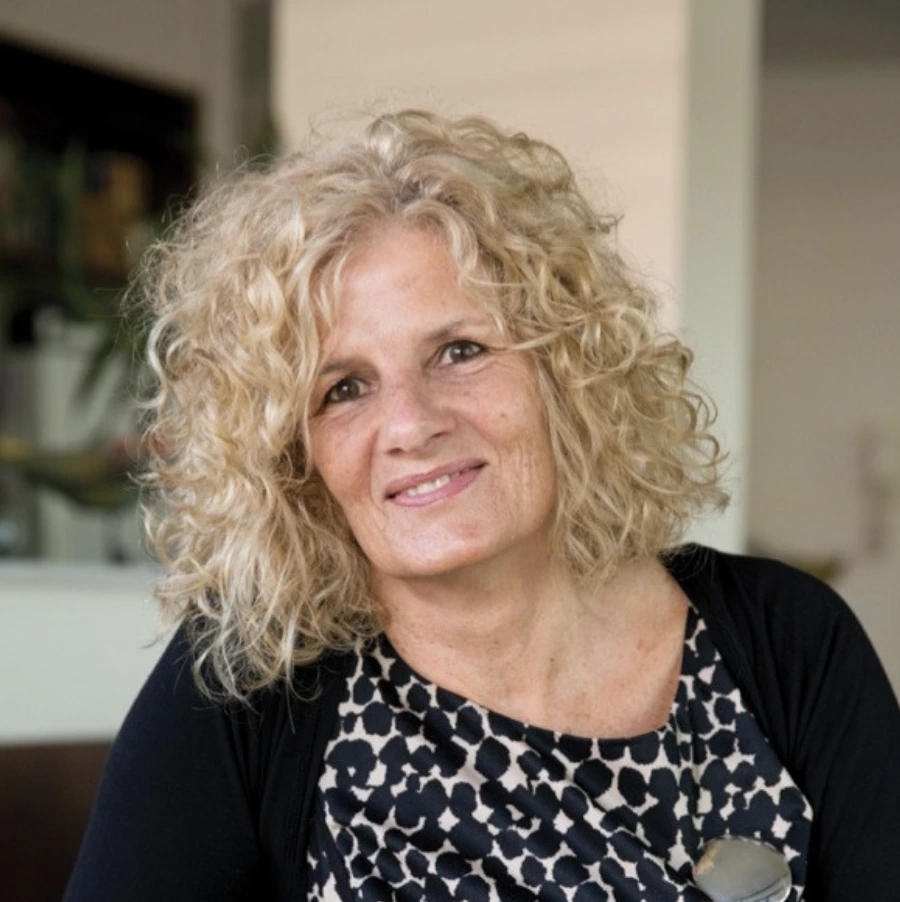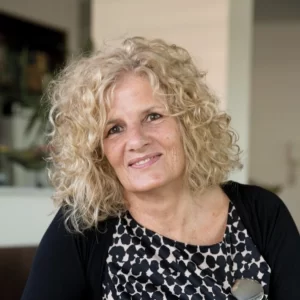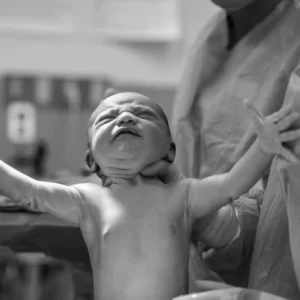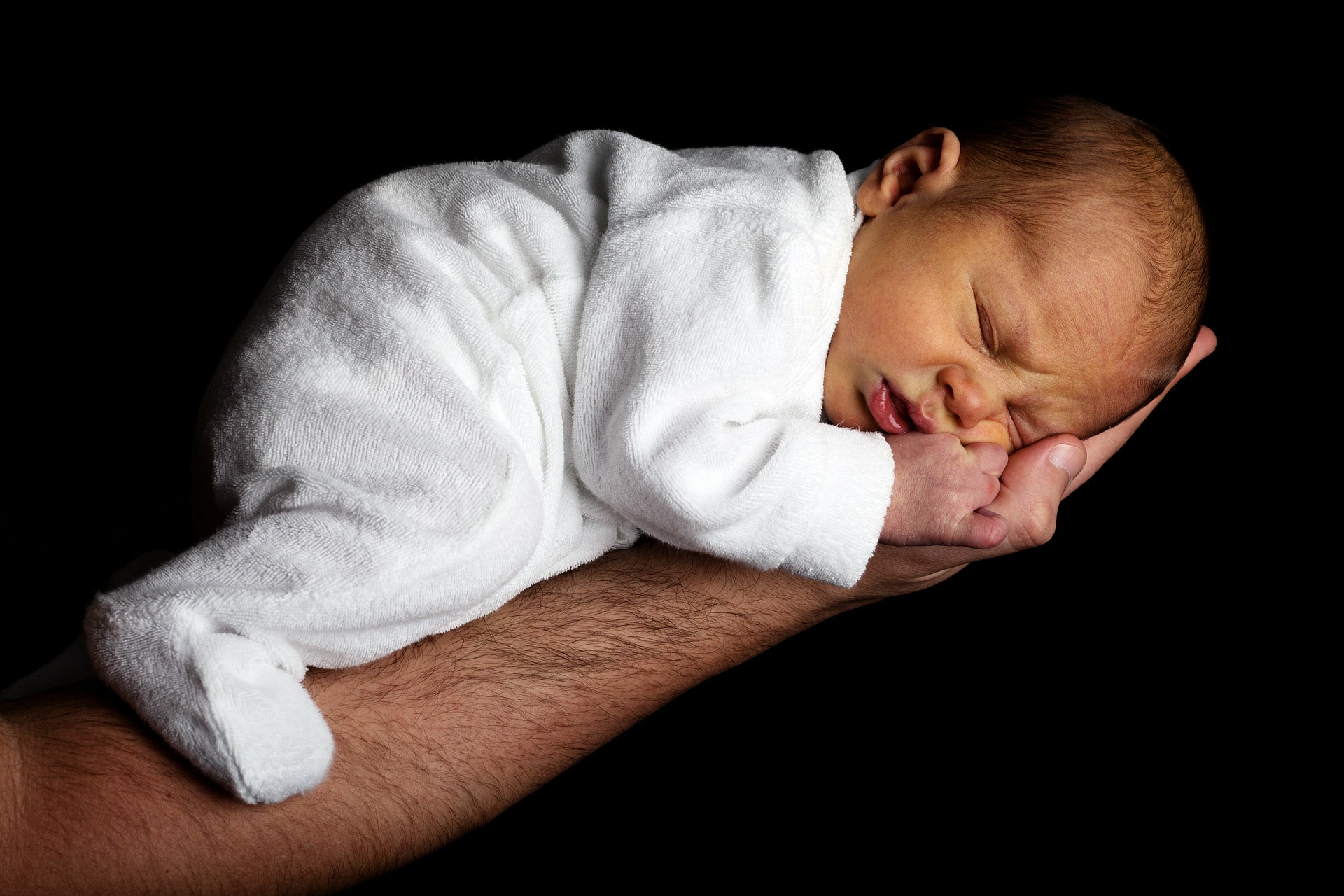
After a health crisis of my own last year, with breast cancer, I am starting the year of 2024 with a renewed sense of the unexpected and infusing my work with clients with a deeper experience and awareness of the unseen sorrow. The parallels of my work in reproductive loss and grief and my own health crisis have unearthed a new area of professional interest, issues to do with reproductive cancers.
At 58, it may be assumed that our reproductive organs are no longer fit for purpose. I have been fortunate to have two gorgeous daughters, now in early adulthood. Perhaps because of this, I so grieved the loss of the breasts that fed my babies. The interventions that required to rid me of the cancer and give me the best chance to not have it spread and/or return completely collided with my trauma from the childbirth interventions I had endured. It was the thing that I talk to my clients about – that past reproductive grief binds to new reproductive loss and feels so big it might consume you, quite literally.
Confronting the Unforeseen: Journeys Through Reproductive Loss & Cancer
Working with reproductive loss and the grief it carries forth, has expanded in my mind because of this experience. I have already supported those going through hysterectomy grief and certainly an array of fertility-related losses, but I now know many other encounters with health issues related to our bodies can hold profound meaning that hark back to reproduction.
Ovarian and uterine cancers, I imagine, will hold that same meaning making of loss. When we must have a part of our bodies removed, and quite rightly as some say ‘amputated’, it is a part of us that connects who we are and the things that have happened to us that make up our story.
Reproductive Loss: Beyond the Visible, Into the Unseen
Similarly, I can recall supporting those with medical histories such as abdominal surgery unrelated to reproduction that cast doubt about their capacity for fertility. So, our sense of fertility is not solely about our reproductive organs but also about the parts of us aligned in some way to reproduction that make up our whole being. Situations like hysterectomy for medical reasons, Primary Ovarian Insufficiency (POI), premature menopause (under 40yo) or early menopause (40-45yo) can truly stop us in our tracks, particularly if our desire for children or more children has not yet come into fruition.
Coping with Reproductive Grief Amidst Cancer
There is much that is wrong about how we are cared for by the medical profession. How very alone I felt post-surgery on the ward where my every medical need was attended to, but my feelings and sense of identity were ignored so entirely. When the plastic surgeon suggested dressing my own wounds at a time when I could not even look at them, let alone touch them. How do they become so detached from the human experience? A question unlikely to be addressed in my lifetime, it seems, with such a focus on data collection, risk aversion, and the general medicalisation of clinical matters overriding human needs.
Cancer, of course, has much greater visibility than reproductive loss. Even reproductive cancers are much easier to talk about with friends and family than having a miscarriage or how going through IVF might be. Although extremely grateful that my health concern was very treatable, I was stuck in the reality of how incredible the visibility of a cancer diagnosis laid out a path of support and understanding that allowed everyone to know what was expected. The comparison with the invisibility of how reproductive loss is treated is quite stark and yet both are living with the same uncertainty, anxiety, numbing experience that this new reality may not provide you with the life you thought you would have.
Building Your Support Team: A Vital Step in Facing Unforeseen Challenges
As my medical team worked on my physical survival, my survival of the unexpected lay with my chosen adjunct health care team of acupuncturists, a naturopath, my long-term osteopath, specialist oncology physiotherapists and trauma counsellor. That which comforted and provided me with the care that I needed did not seep from within the medical model but from the kindness and compassion of non-hospital-based allied health practitioners. When I am supporting those with infertility, pregnancy loss, abortion support, perinatal mental health issues and parenting themes I nearly always work on building their team. Putting this into place before a health crisis serves us to have those then treating us to know us, so needed when life turns a corner and you are somewhere you do not recognise, without walls to lean into or markers to remind you of that which is familiar.
Can there be room to thrive rather than just to survive these terrible situations? What is it that you might need to help you through it? Is this the time to build your team? Going it alone is risky with life’s complexity and its competing demands. We are primed to be thrown off the scent of meeting our own needs. Experiences in childhood, or from an abusive relationship, or in a toxic place of work, we start to function as though our needs do not matter. Until, that is, a crisis occurs that brings forth this invisible sorrow and we are alone with the unexpected.
I am always here to support you and am grateful for the insights this experience has left with me, which will infuse into my consultations and allow me to continue meeting where you need me me, in the depths of your own experience.
Written by Suzanne Hurley, Perinatal & Fertility Counsellor at Fertile Ground Health Group.












